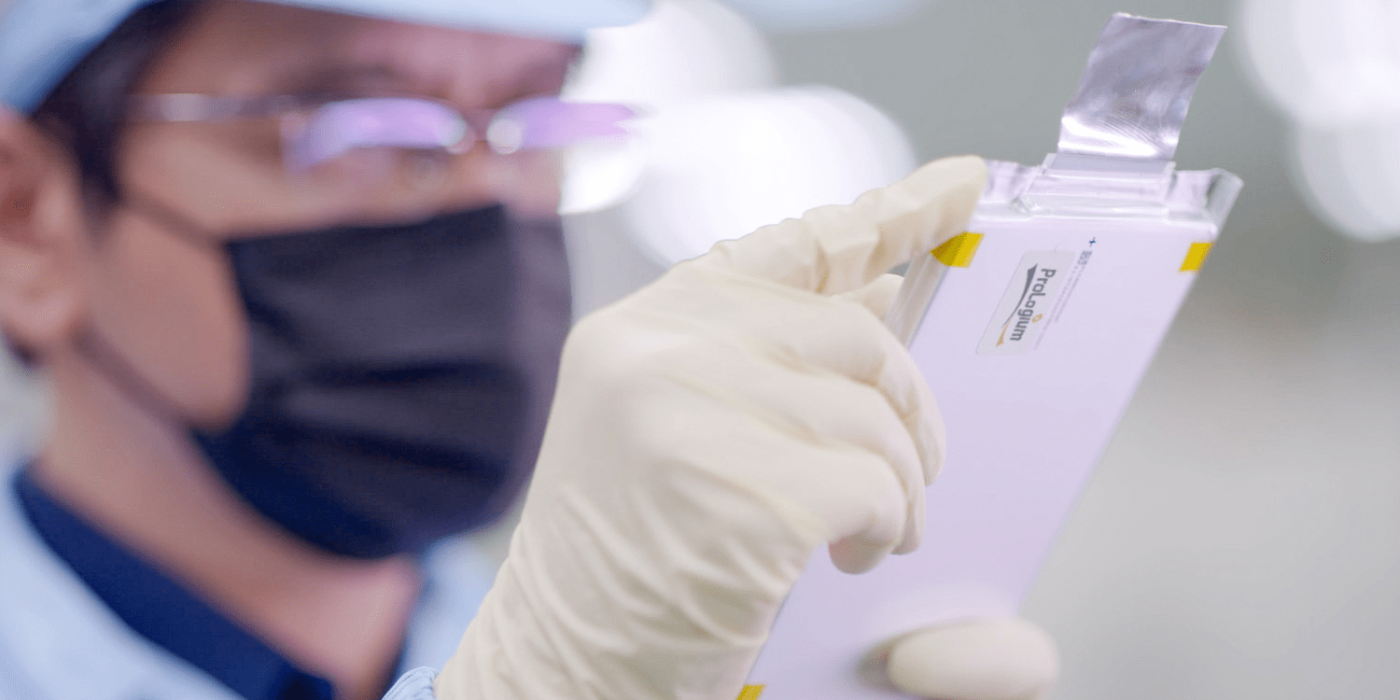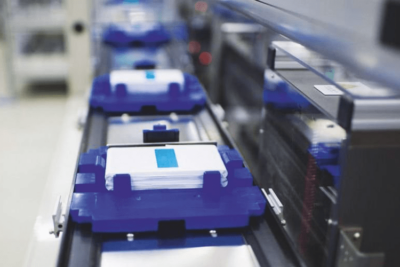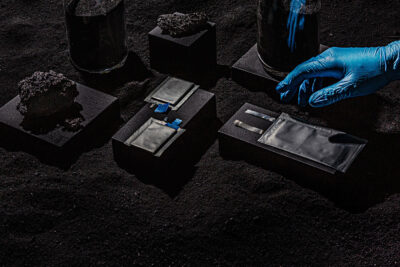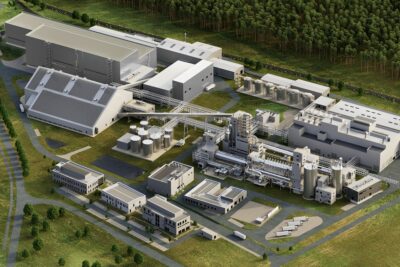ProLogium looks to France for next battery factory
Taiwanese solid-state battery cell manufacturer ProLogium is apparently favouring Europe over the US for its planned first overseas factory. According to insiders, the factory will be built in the northern French port city of Dunkerque.
++ This article has been updated. Kindly continue reading below. ++
An official announcement is to be made next Friday in the presence of French President Emmanuel Macron. This is according to reports in the French business newspaper Les Echos and the news agency Reuters. Both refer to internal sources. The plant is to be ProLogium’s largest and the second worldwide – the other is in Taiwan. The production start is planned for the end of 2026, they say. The investment volume until 2030 is to amount to 5.2 billion euros and the plant is to create up to 3,000 jobs.
ProLogium had announced in September 2022 that there was to be a solid-state battery cell factory outside Taiwan. At that time, Europe or the USA were mentioned as locations – and an annual capacity of 120 GWh in the final stage. There is no update on the latter figure in the above-mentioned media reports.
ProLogium’s plant in Taiwan, on the other hand, is only designed for up to 3 GWh. “A substantial share” of this production capacity is to go to investor VinFast from 2024. In addition, both sides are looking into setting up a joint venture to build a solid-state battery factory in Vietnam. VinFast and ProLogium had already concluded an initial letter of intent in 2021. At the beginning of 2022, Mercedes-Benz also announced a stake in ProLogium with a high double-digit million euro amount and agreed on a joint development of next-generation battery cells with the Taiwanese company. Posco has also been part of the group of investors since last year.
But back to northern France: for this region, the ProLogium factory would be one of four battery cell production facilities currently planned there. Verkor is also building a battery factory for Renault in Dunkerque. Envision AESC will produce at the Renault site in Douai. And the battery cell joint venture Automotive Cells Company (ACC) of Stellantis and Total, founded in 2020 and joined by Mercedes-Benz in 2021, is building a factory in Douvrin. According to our information, the latter will open this month, specifically on 30 May.
“The idea is to create an ecosystem in the region, from production to recycling. To create a whole industry in the Hauts-de-France region, which has suffered a lot from deindustrialisation,” one of the unnamed sources is quoted by Les Echos.
Update 15 May 2023
ProLogium has officially announced its plan for a factory in France. As previously leaked, the Taiwanese solid-state battery cell manufacturer’s first European factory will be built in the northern French port city of Dunkerque. ProLogium will invest the aforementioned €5.2 billion to build a 48-GWh factory and research and development center there. Construction is scheduled to begin in the second half of 2024, with production starting in late 2026. The latter had also been accurately reported above.
According to ProLogium, 90 sites in 13 European countries were available for selection for factory construction. Dunkirchen, according to the company, was particularly convincing with its transportation infrastructure, generation and supply of green electricity, and proximity to northern European automotive plants and the rapidly developing northern French battery economy.
reuters.com, investir.lesechos.fr (in French), prologium.com (update)





1 Comment